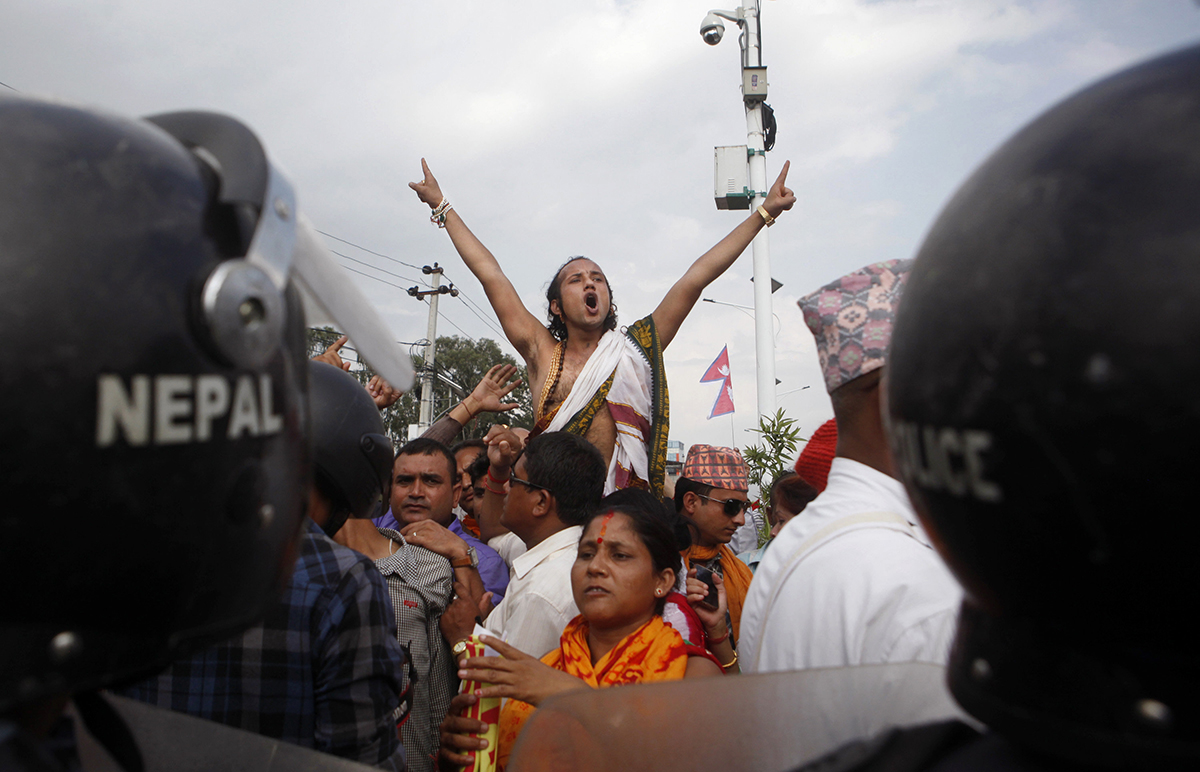I have been fascinated with fact-checking ever since I first read about it during the 2004 U.S. presidential election. Now I’m proud to have brought this tradition to Nepal and the surrounding region as founder of South Asia Check, a website officially launched in September that focuses on political and media news. It is one of the first such sites in South Asia.
The fact-checking website is a project of Panos South Asia, the non-governmental media development organization for which I am executive director. Given the media landscape in most South Asian countries, where there’s too much reliance on anonymous sources and the prejudices of reporters too often show up in stories, fact-checking should have started here a long time ago. If the media’s credibility is questioned, its role as a watchdog suffers. Moreover, politicians in the region, like elsewhere, lie and make unfounded claims.
There have been plenty of stories for South Asia Check to take on. When there was confusion, even among lawmakers, about voting rules during the debate over a new constitution for Nepal, South Asia Check researched the questions and clarified the matter. The new constitution was approved in September, nine years after a Maoist insurgency ended.
Now readers themselves do fact-checking and draw our attention to it. We hope the spirit continues and more media outlets follow suit
I’m buoyed by the fact that readers have jumped in, asking us to fact-check claims and verify the authenticity of photographs. In response to one recent request concerning a sensitive subject, we examined how well indigenous groups living on the plains bordering India are represented in the legislature. On South Asia Check, we also track the use of anonymous sources on the front pages of some major daily newspapers in the region.
Here’s what has made us immensely proud of our work: Now readers themselves do fact-checking and draw our attention to it. We hope the spirit continues and more media outlets follow suit.
The website is still a work-in-progress, but signs are promising. I believe South Asia Check is strengthening transparency and accountability in politics, business, and media.



